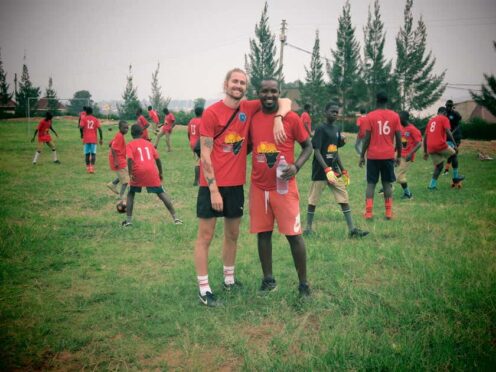
A charity founder is set to run to every Premier League football stadium in England to fundraise for the construction of football pitches in Africa.
Max Keens, 31, from north London, will be running to all 20 stadiums starting on June 1, spending 35 days on the road in a campervan to visit every Premier League pitch between Newcastle and Brighton.
Mr Keens, a TV producer, founded a charity named Project Africa with two colleagues in 2021, a UK-registered organisation focused on building sustainable football pitches for communities across Africa.
The charity has helped to build two pitches to date, located in Kenya and Uganda, with the hope that Mr Keens’ challenge will help to fund the construction of the next four pitches on the continent.
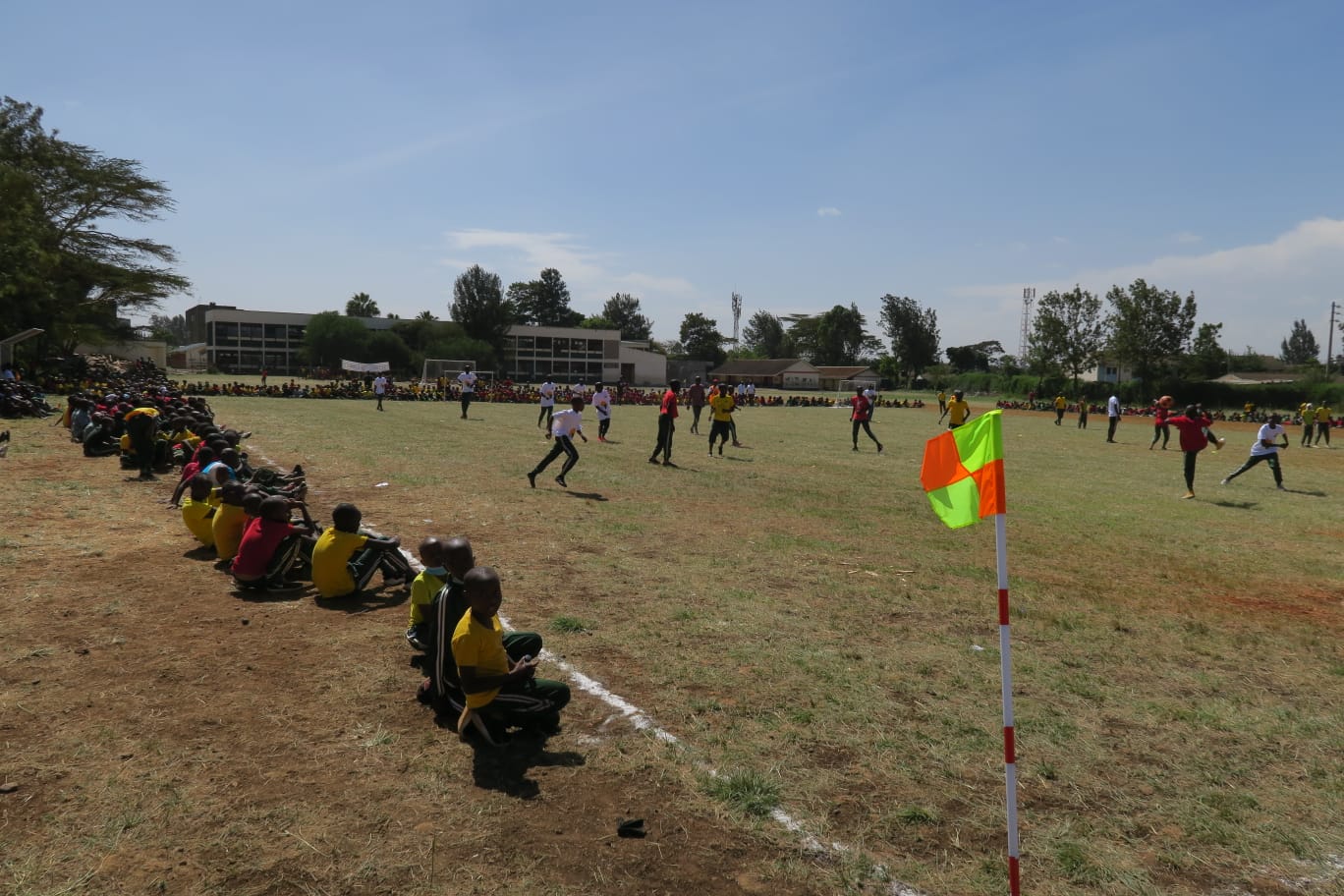
Mr Keens, who said each football pitch costs around £4,000 to £5,000 to build, told the PA news agency how the charity’s aim is to help the children who use the pitches with their future prospects.
“Our aim is to build as many pitches for communities and charities in Africa that use football to teach, as well as for the children there whose main love is football,” Mr Keens said.
“If a child plays football there for a few years and becomes a teacher, for example, through the teachings that the coach has given them, that’s the aim.
“As much as they will have football teams there, they are more than that, they are for children who can’t afford to go to school so they will come and train but the coaches will teach them things from HIV awareness to tying a shoelace.”
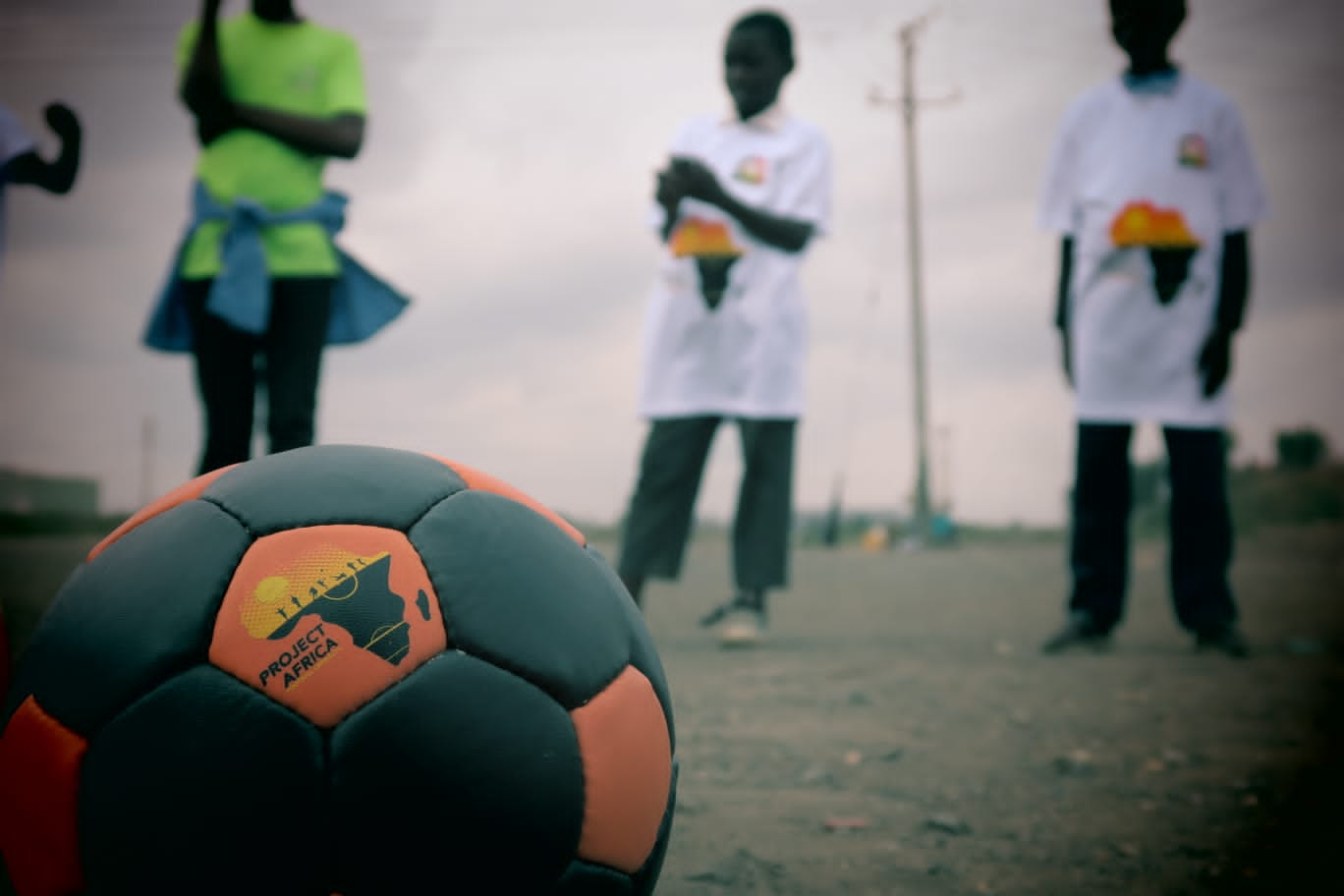
He added: “We speak to loads of different coaches, loads of different charities and NGOs around Africa and we get a sense of their aims and their dreams for the community and whether our work can be sustained.”
Mr Keens said the idea behind the charity was born after he went on a volunteer trip to Africa to teach children English and coach them in the sport.
There, he met the two trustees for the charity Project Africa, Leendert Coene and Andreas Schobersberger.
“We were coaching the kids on very gravelly car parks, they were concrete football pitches. The kids didn’t care, they would slide tackle and everything,” he said.
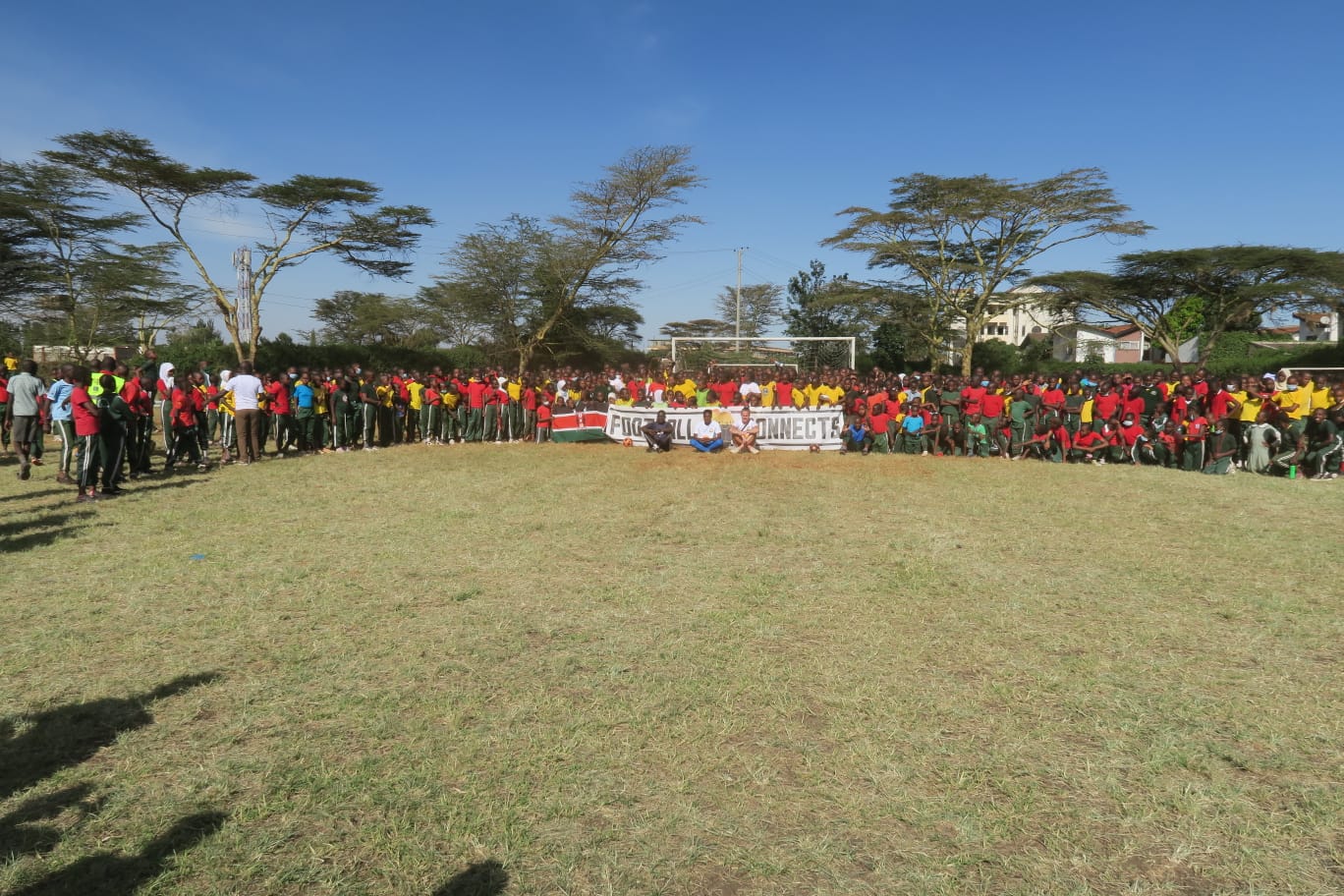
“The three of us stayed in touch and threw around ideas about having a foundation in Africa – but we wanted to do something different.
“I sort of threw the idea out about building sustainable grass pitches in Africa where children can not only improve their football abilities, but also enjoy the sport without the idea of getting injured.”
Mr Keens said three football pitches, one in the Democratic Republic of Congo and two in Kenya, are in the stages of completion.
He hopes his upcoming challenge will help to fund their completion, as well as the construction of two more pitches with their locations yet to be confirmed.
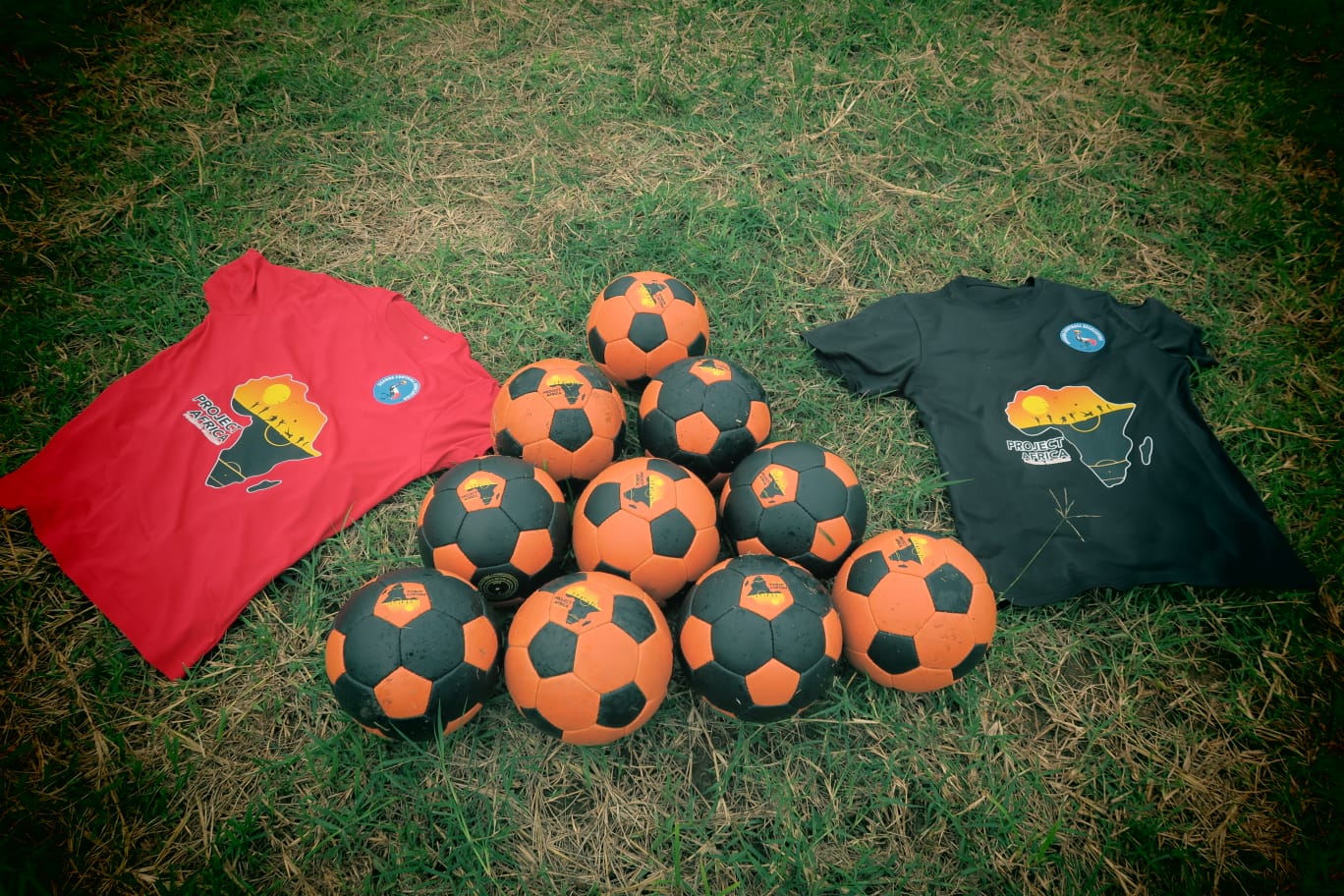
Of his challenge to run to every Premier League stadium in England, he said: “I wanted to do something a bit more adventurous and something that is unique to us.”
The route will start at St James’ Park stadium in Newcastle, where he will run around 20 miles each day, travelling to Burnley, Luton, Bournemouth and Brighton before finishing the challenge at the London Stadium in Stratford.
Mr Coene, one of the trustees for the charity, will be driving the campervan to each spot, as well as documenting the journey along the way.
“We’ve had to find a campsite at every checkpoint where we’ll camp out for the night and go back to where I’ve finished running the next day,” he said.
“Some places there’s literally no campsites so we’ll be sleeping in the nearest lay-by there.”
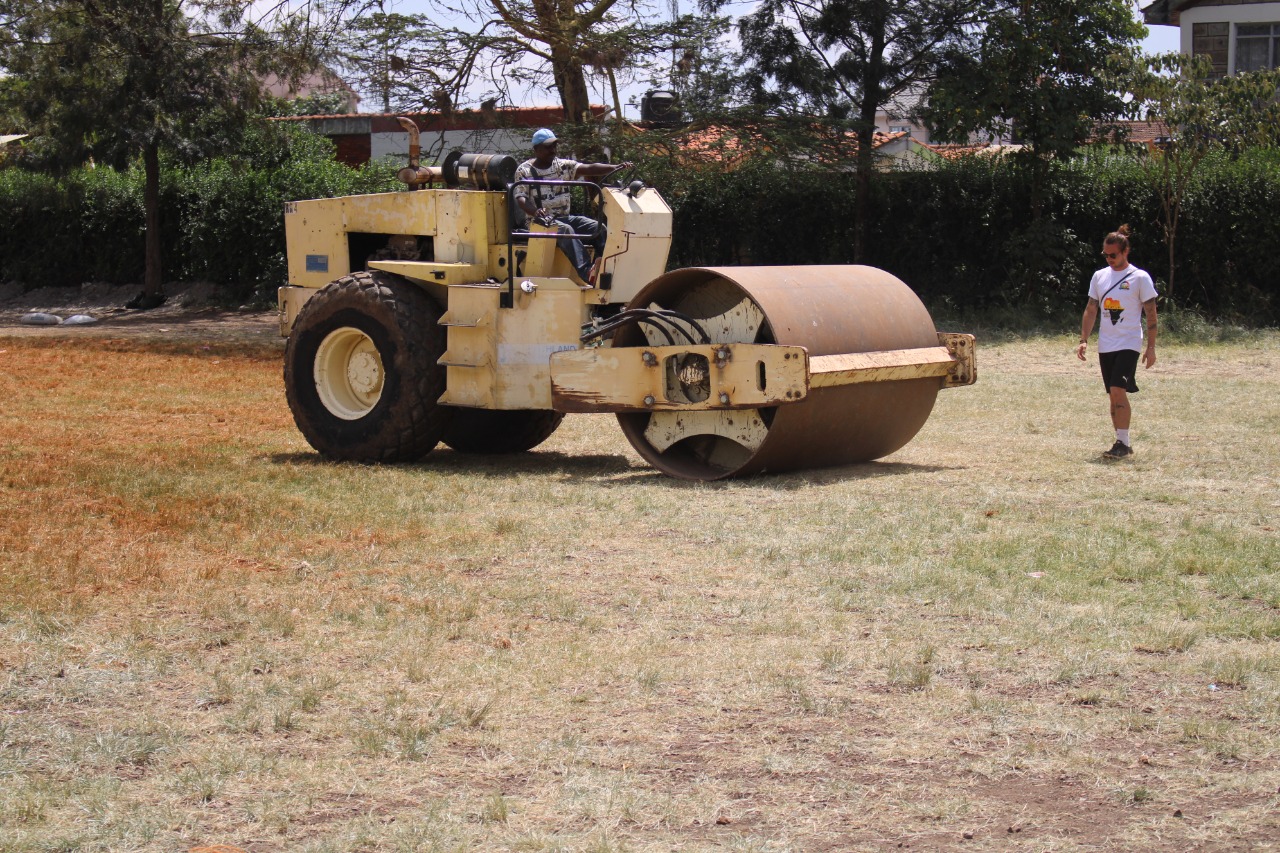
Asked how he is feeling ahead of the challenge, Mr Keens said he is “not nervous” because he has not “fully comprehended the magnitude of it”.
“I’ve played football all my life but I’ve never been a runner and have never had the fitness of a runner,” he said.
“There’s not a chance on this earth that, unless I break my leg or something serious happens, that I won’t hobble my way through it.
“Even if it takes me eight hours one day to reach the checkpoint, I’ll do it.”
To find out more, visit: projectafricafc.org

Enjoy the convenience of having The Sunday Post delivered as a digital ePaper straight to your smartphone, tablet or computer.
Subscribe for only £5.49 a month and enjoy all the benefits of the printed paper as a digital replica.
Subscribe